Darwin is a diverse, vibrant and supportive research community, bringing together graduate students from around the world and across the full range of disciplines. We are delighted that you are thinking of joining us.
Darwin College was established in 1964 at Newnham Grange, the home of descendants of Charles Darwin from 1885 to 1963. Founded by Trinity, St John’s and Gonville & Caius Colleges as a home for research students, it became the University of Cambridge’s first postgraduate-only College, and the first to admit both women and men.
When the site was acquired for the College, the Darwin family generously gave permission to use their name. Members of the family remain an active part of the College community.
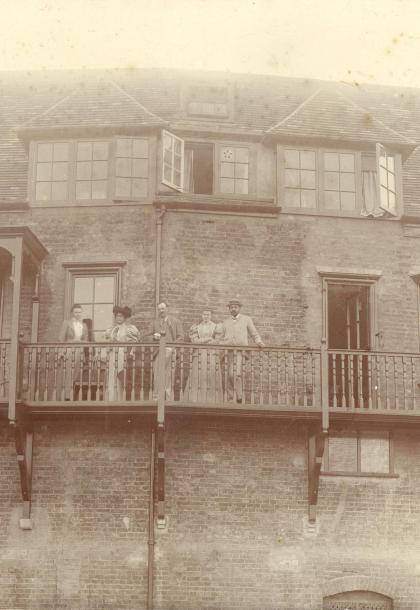
In June 1963 the Masters and Fellows of Gonville and Caius, St John’s and Trinity Colleges made known their intention to found a graduate college in Cambridge. The College was to be housed in Sir George Darwin’s home at Newnham Grange and the Old Granary.
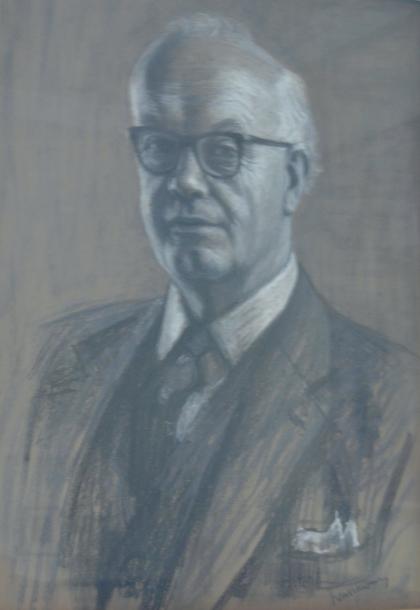
The first official meeting of the Master and Fellows took place on 1 October 1964, chaired by the first Master, distinguished biochemist Sir Frank Young (1908-1988). In the following January Dr Frank Hayhoe and Dr Graham Hough were appointed as Vice-Master and Dean.
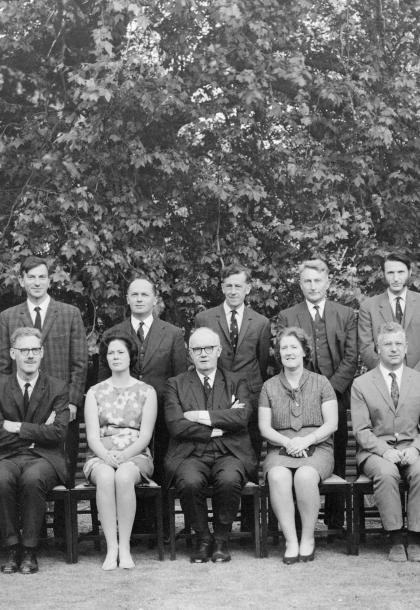
The Founding Fellows, appointed on 1 September 1964, were Frank Hayhoe, A.C. (Bill) Stuart-Clark (Bursar), Graham Hough, Alun Moelwyn-Hughes, Abe Yoffe, Harold Whitehouse, Ronald Nedderman, Jack Goodison, John Oates, John Smart, Gerd Buchdahl and Gordon Robin.

On 28 July 1964 a Trust Deed was executed by the Senior Bursars of Trinity, St John’s and Gonville & Caius. Darwin College was founded ‘for the advancement of education, learning and research, and especially education, learning and research among graduate students and research students in the University of Cambridge’.
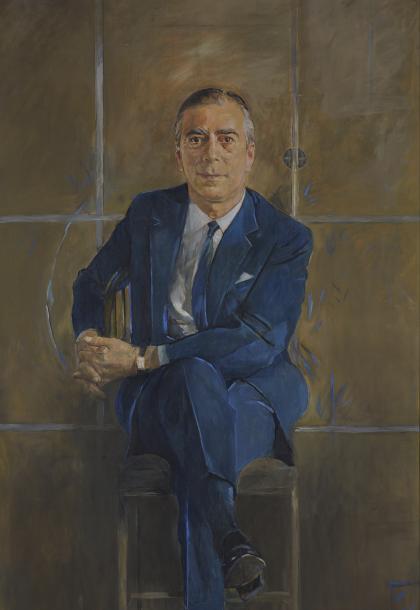
The Trustees of The Rayne Foundation granted the College a sum of £500,000 payable in 10 annual instalments, and the founding Colleges similarly provided £160,000 over the decade 1963-73. Max Rayne’s philanthropy is commemorated by the fine portrait by Graham Sutherland, now hanging in the Dining Hall.

In Easter Term 1965 three graduate members of the College were admitted: John Perry, Robin Carrell and Alan Cooke. By Michaelmas Term 1965 the graduate membership had grown to 14. In November 1965 there were 17 graduate members including Mrs Gillian Milner, the first woman member.
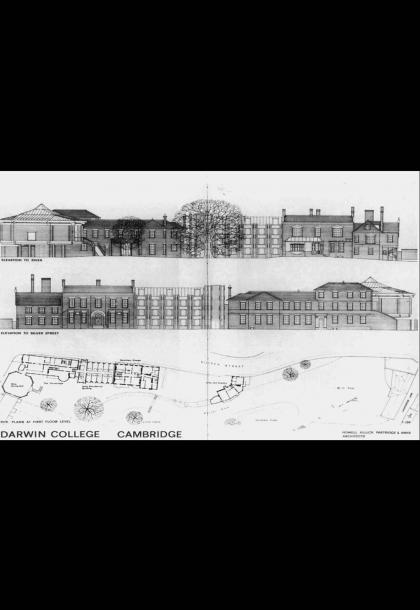
In January 1965 Darwin College is granted the status of an Approved Foundation by the University of Cambridge, the necessary first step towards its becoming a fully-fledged College in the University.
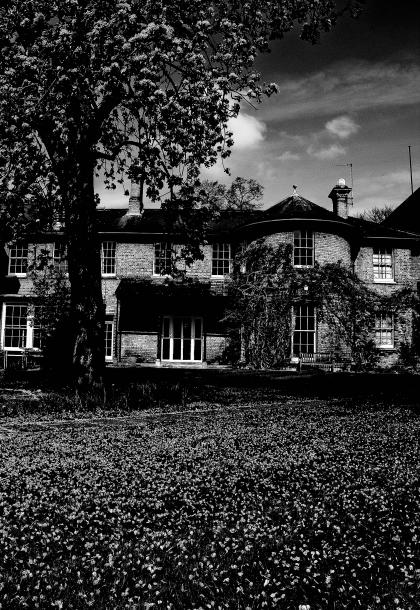
St John’s College had indicated its willingness early on to sell The Hermitage to the new Darwin College, but it was only in 1966 that the property became vacant, when the tenant New Hall (now Murray Edwards College) moved to its permanent site and new buildings on Huntingdon Road.

The College’s first Master, Frank Young, was knighted in the Queen’s New Year’s Honours in 1973 for his contribution to biochemistry.
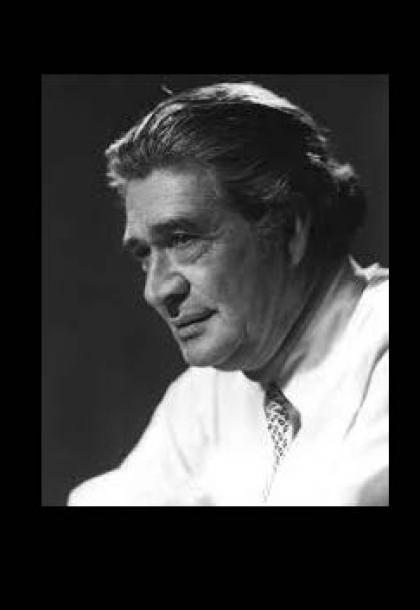
Moses Finley (1912–1986), an eminent historian of the ancient world, was elected as the second Master of Darwin College and took up the office in 1976.

Her Majesty the Queen in Council on 9 June 1976 granted a Charter of Incorporation constituting the College under the name and style “The Master and Fellows of Darwin College in the University of Cambridge”. With the Royal Charter were approved the first statutes of the College as a fully constituted College in the University.
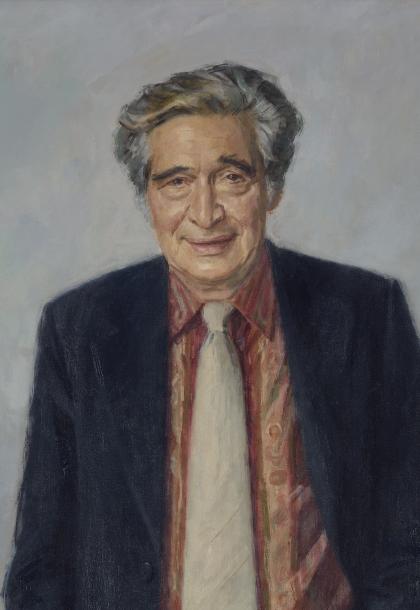
In the Queen’s New Year’s Honours in 1979, Moses Finley received a knighthood for his contribution as Professor of Ancient History in the University. His portrait by Michael Noakes, shown here, hangs in the Dining Hall.
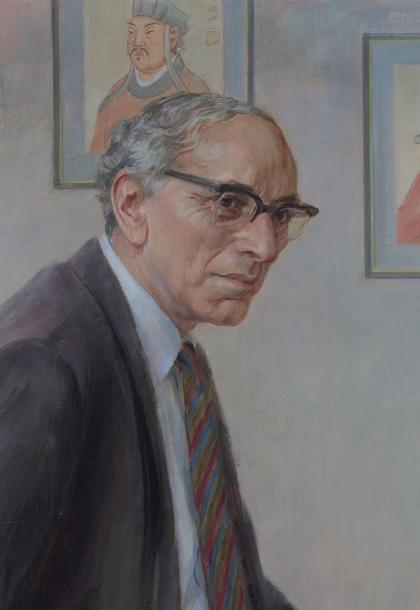
Professor Sir Arnold Burgen FRS (1922-2022), a distinguished pharmacologist and physician, was admitted as the third Master of Darwin College in 1982.
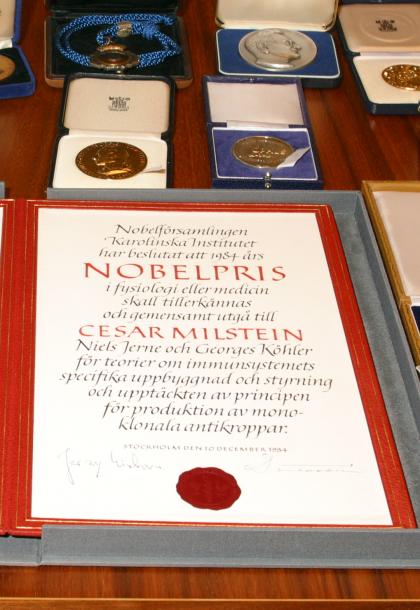
César Milstein (1927-2002), Fellow of Darwin College, won the 1984 Nobel Prize in Physiology or Medicine for developing a technique for the production of monoclonal antibodies.
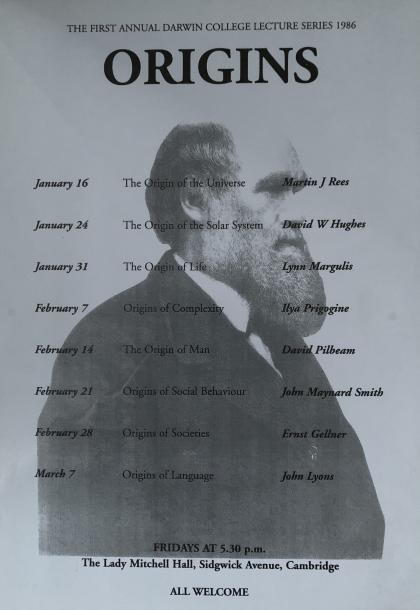
In 1986 Darwin College held a series of public lectures by eminent speakers. In the second term of every academic year since then the College has organised a series built around a single theme, of eight lectures by leading authorities in their fields. The lectures have become a highlight of the College calendar.
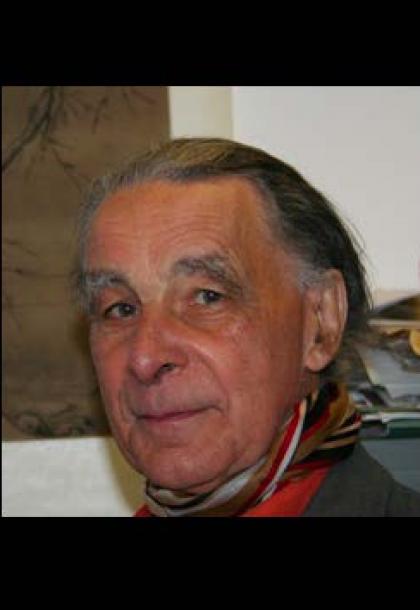
Professor Geoffrey Lloyd was admitted as the fourth Master of Darwin College in 1989. His academic work embraces ancient history, science, philosophy, anthropology, and classical Chinese.
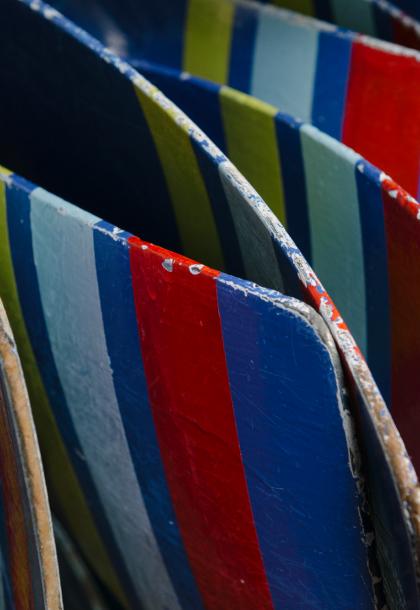
A total of 2,830 students had pursued postgraduate studies at Darwin by 1989, when the College celebrated its first 25 years.
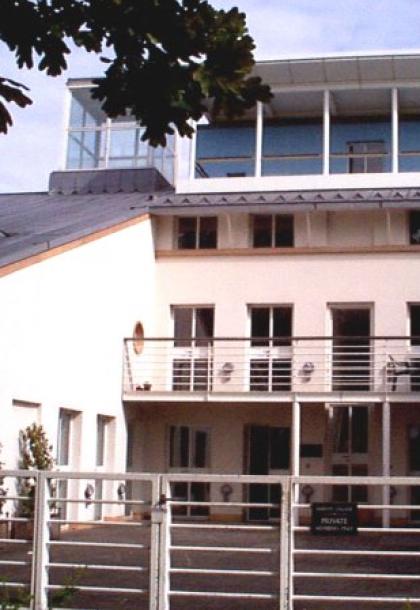
Needing to house its growing student population, the College commissioned architects Dixon Jones to design a new hostel – Frank Young House – for 28 students in a leafy corner of Newnham.
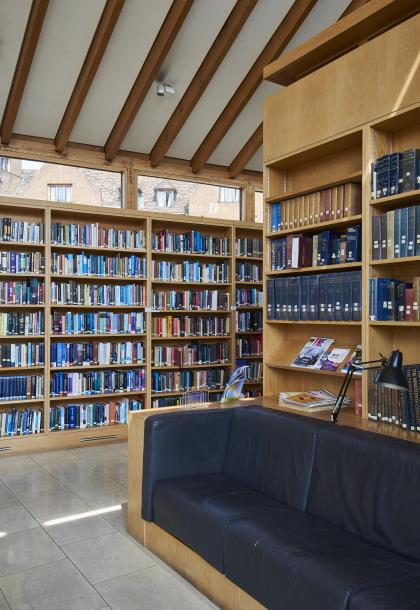
The Study Centre was opened in 1994. Built to a design by architects Dixon Jones, it makes the most of its narrow but sunny riverbank site, and won a RIBA design award.
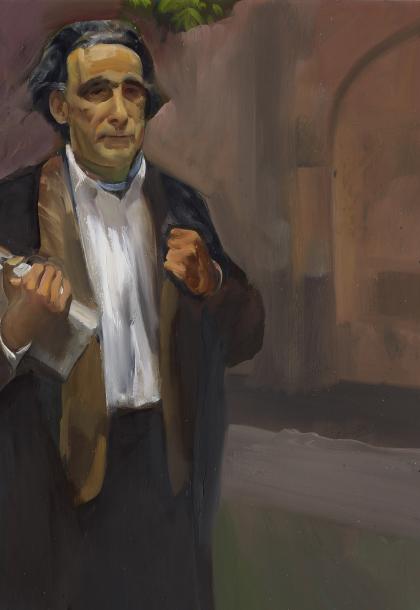
Professor Geoffrey Lloyd received a knighthood in the Queen’s Birthday Honours in 1997, for services ‘to the history of thought’.
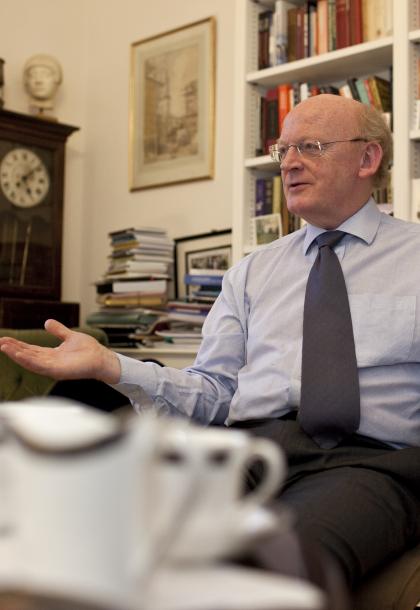
Professor William Brown (1945-2019), an academic expert on industrial and employment relations, became Darwin College’s fifth Master in 2000.
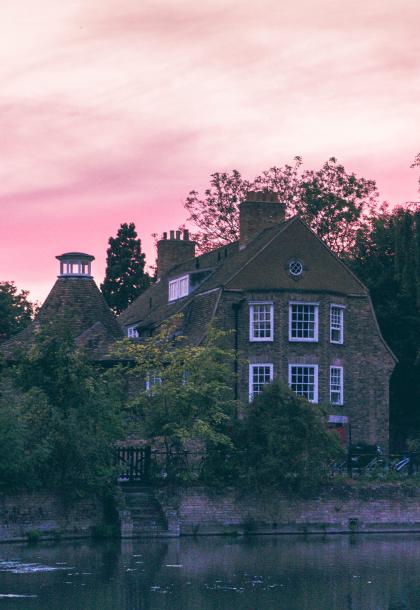
The Malting House on Newnham Road, a building of much architectural and historic interest, was acquired in 2002 to provide more student accommodation and guest rooms.
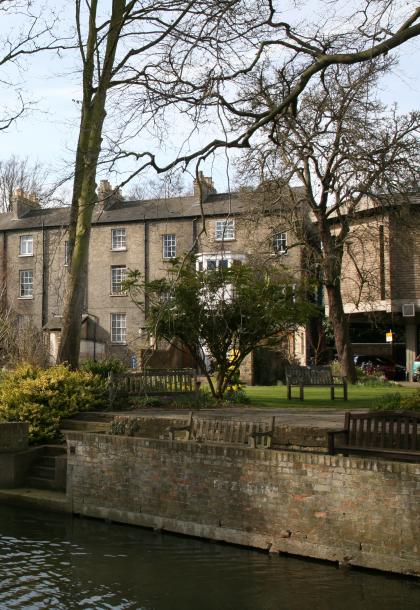
By 2002 the growing College community was in need of more seminar and meeting spaces. No. 1 Newnham Terrace was renovated to provide these, and a direct link into the adjacent Dining Hall was built.
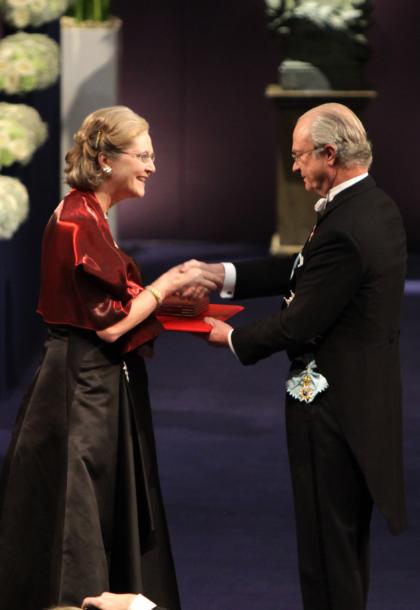
Elizabeth H. Blackburn, Darwin alumna (PhD 1975), won the Nobel Prize in Physiology or Medicine in 2009, for the discovery of how chromosomes are protected by telomeres and the enzyme telomerase.
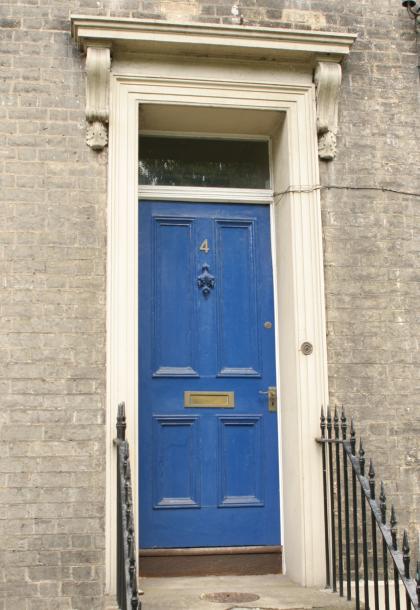
In 2009 the College finally purchased the last of the eight Newnham Terrace houses, meaning that their combined gardens along the river were opened up for everyone to enjoy.
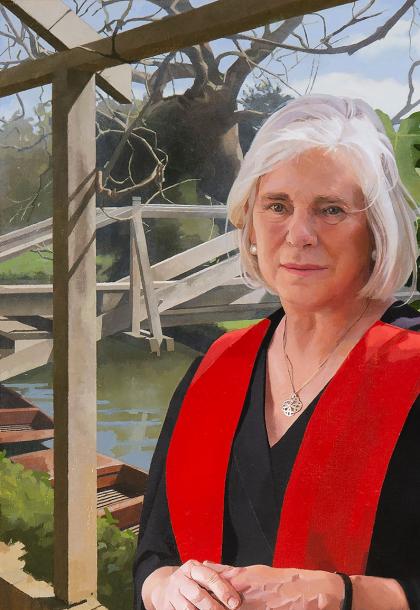
Professor Mary Fowler (Darwin PhD, 1976), an eminent geophysicist, was admitted as the College’s sixth Master.
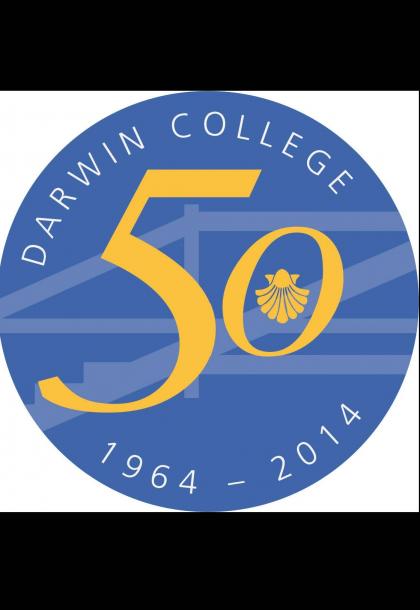
By 2014, when the College celebrated its 50th anniversary, it boasted a total of 7,500 alumni worldwide.
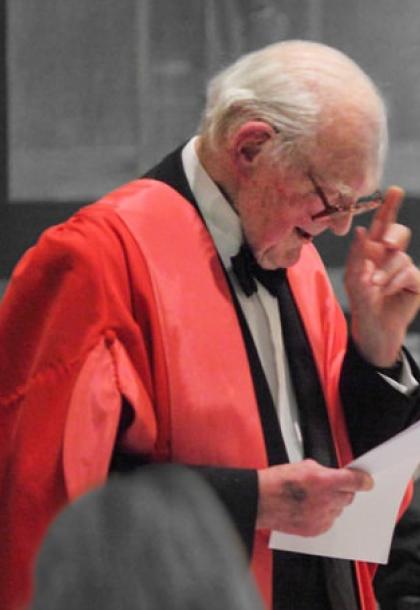
A new building and the Old Granary refurbishment were commenced in 2015 and John Bradfield Court created. Sir John Bradfield was instrumental in Darwin’s foundation and remained involved until his death in 2014.
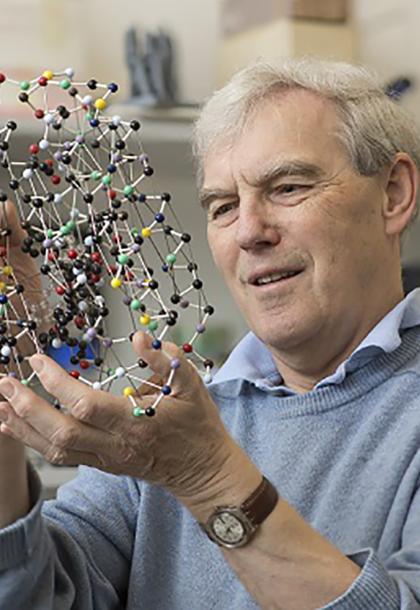
Emeritus Fellow Richard Henderson wins the Nobel Prize for Chemistry along with Joachim Frank and Jacques Dubochet. The Nobel citation reads ‘for developing cryo-electron microscopy for the high-resolution structure determination of biomolecules in solution.’
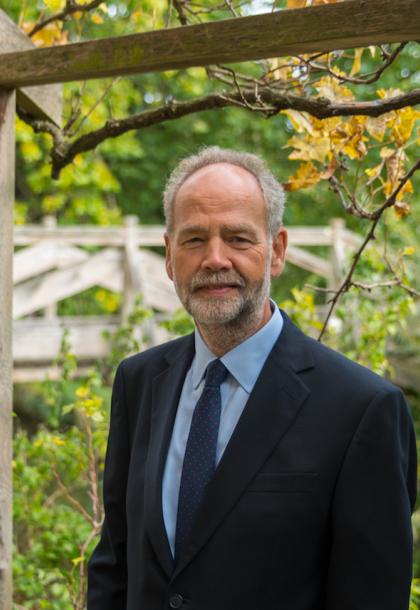
In October 2020 Dr Michael Rands was appointed as Darwin’s seventh Master.